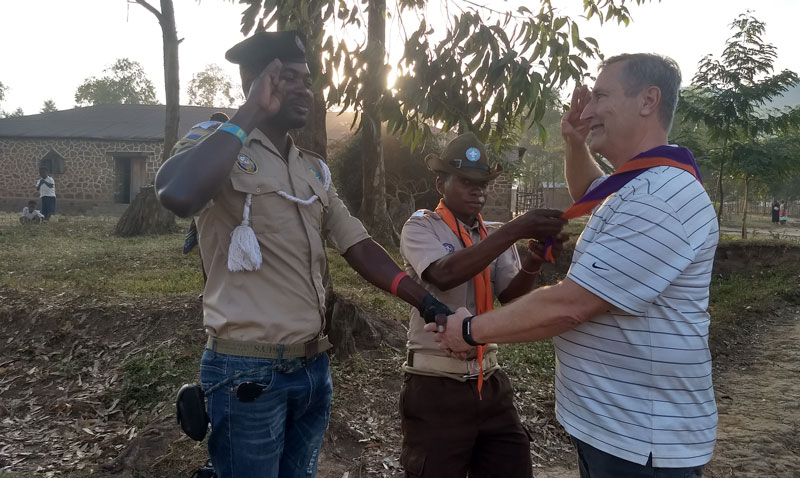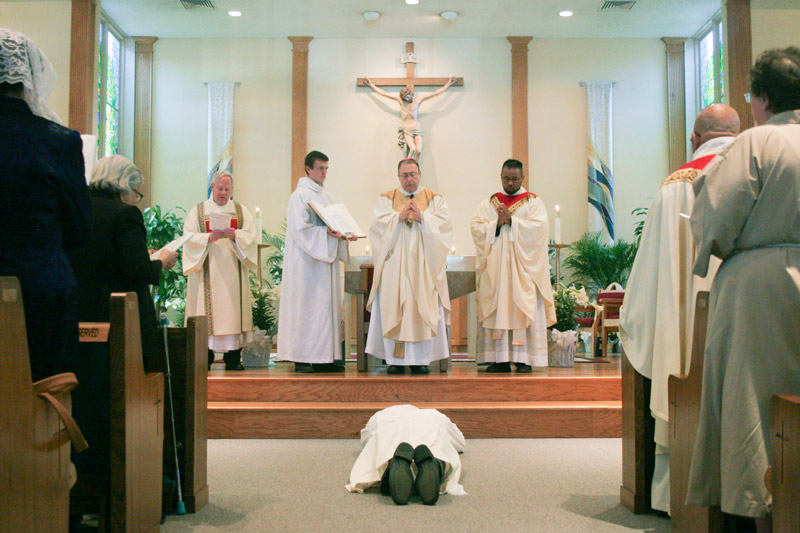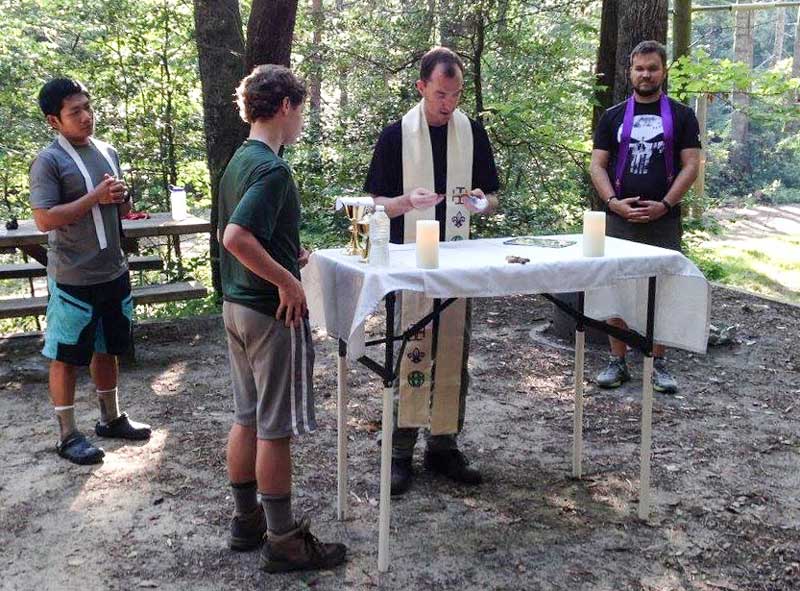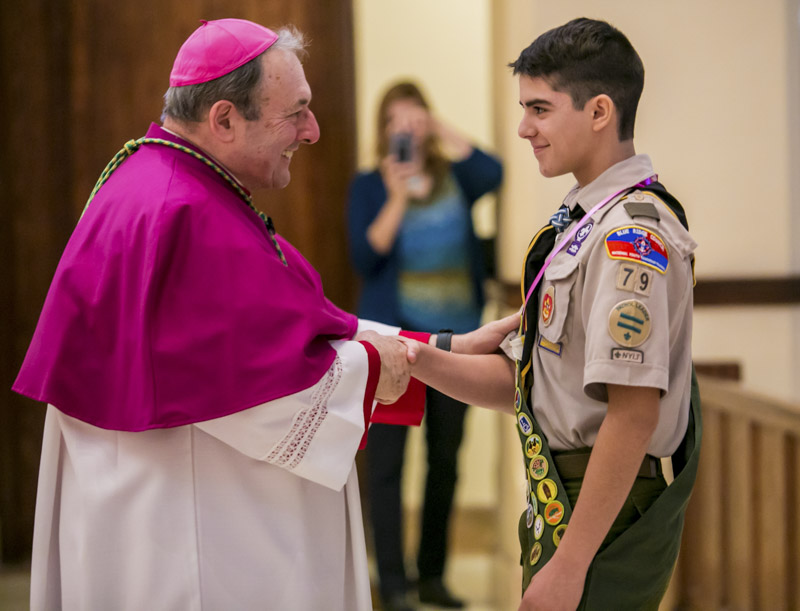
The Democratic Republic of the Congo is slowly recovering from a conflict known as Africa’s first world war, which led to the loss of some 5 million lives between 1994 and 2003. Many eastern areas are still plagued by violence as rebel groups continue to operate there.
The Adorno Fathers came to this area in 1983 and were right in the middle of the Hutu killing of the Tutsis. In 2016, one member of the order was kidnapped, one was shot in the leg, and another was shot four times as he drove to an outlying mission on Palm Sunday to celebrate Mass.
I was asked by Father Ted Kalaw, the new Superior General of the Adorno Fathers (known as the Carocciolini Fathers in Italy and Africa), to travel with him on his first visit to Africa to see where the U.S. can help support their missions. My son is in the seminary with the order, which has 100 priests worldwide and 200 seminarians in various stages of formation. It took us over four hours from Goma on unpaved roads to reach the village. Every 15 minutes or so we would see a government outpost with two soldiers guarding the road.
When the village was overthrown by rebels in the early 1990’s, the Adorno Fathers stepped in to provide services. Today, the parish covers the size of four normal counties with a population of 70,000, including 60,000 Catholics. They have one main church that seats 3,000, plus 13 mission churches. They run the only hospital with 104 beds, operate nine clinics, and generate their own electricity for the parish buildings and hospital. They run 49 schools for 14,000 students.
The homes are very tiny; most built of clay with dirt floors and no electricity. You rarely see a car and the main means of transportation is walking or an occasional moped. No need for a church parking lot. The average wage is $2 a day. But they are the happiest people you could ever meet. The Saturday night Mass and three Sunday Masses are packed with over 10,000 people with choirs of more than 100 people each. The children’s Mass has over 4,000 in attendance with the children standing in the aisles.
I attended a 6 a.m. weekday Mass that drew over 400 people. Off to one side of the church, I was pleasantly surprised to see a group of Scouts in the pews. At the consecration, six Scouts moved forward to form an honor guard in front of the altar. After Mass, Father Faustin Kambale, African Superior Delegate of the Order, introduced me to the troop. Little did I know, until later, that he was the Scout chaplain for the Diocese of Goma. The troop’s chaplain is also a Scout, serving his pastoral year before being ordained to the priesthood next March. At the Order’s house of theology in Nairobi, I met another scout in his third year of formation.
The troop attends morning Mass every Tuesday, followed by a meeting on a field where the international Scouting flag is flown. At one meeting, they honored me by presenting me with a troop neckerchief. The meeting then continued with song and dance, in which I tried to participate. I was very honored to see Scouting alive and well in this isolated part of the world.
The next day, four priests and I traveled to Virunga National Park, along with four Scouts tucked into the back of the vehicle. Well inside the park was one of the Adorno missions where we were greeted by 600 screaming school children happy to the new Superior General. As we approached the clinic in the village, we saw another gathering space and pole for the Scout flag.
The Adorno Fathers presently have 30 priests in Africa and next year they will ordain 10 young men to spread the good news. It was a blessing to see the Catholic Church and Scouting as such a vibrant part of the lives of the people in this very remote part of the world.
By Jim Weiskircher/Special to The Miscellany: Weiskircher served as a longtime chairman of the Diocese of Charleston’s Catholic Committee on Scouting.
Photo provided: Jim Weiskircher receives a troop neckerchief from Scout leaders during a recent visit to The Democratic Republic of the Congo.



